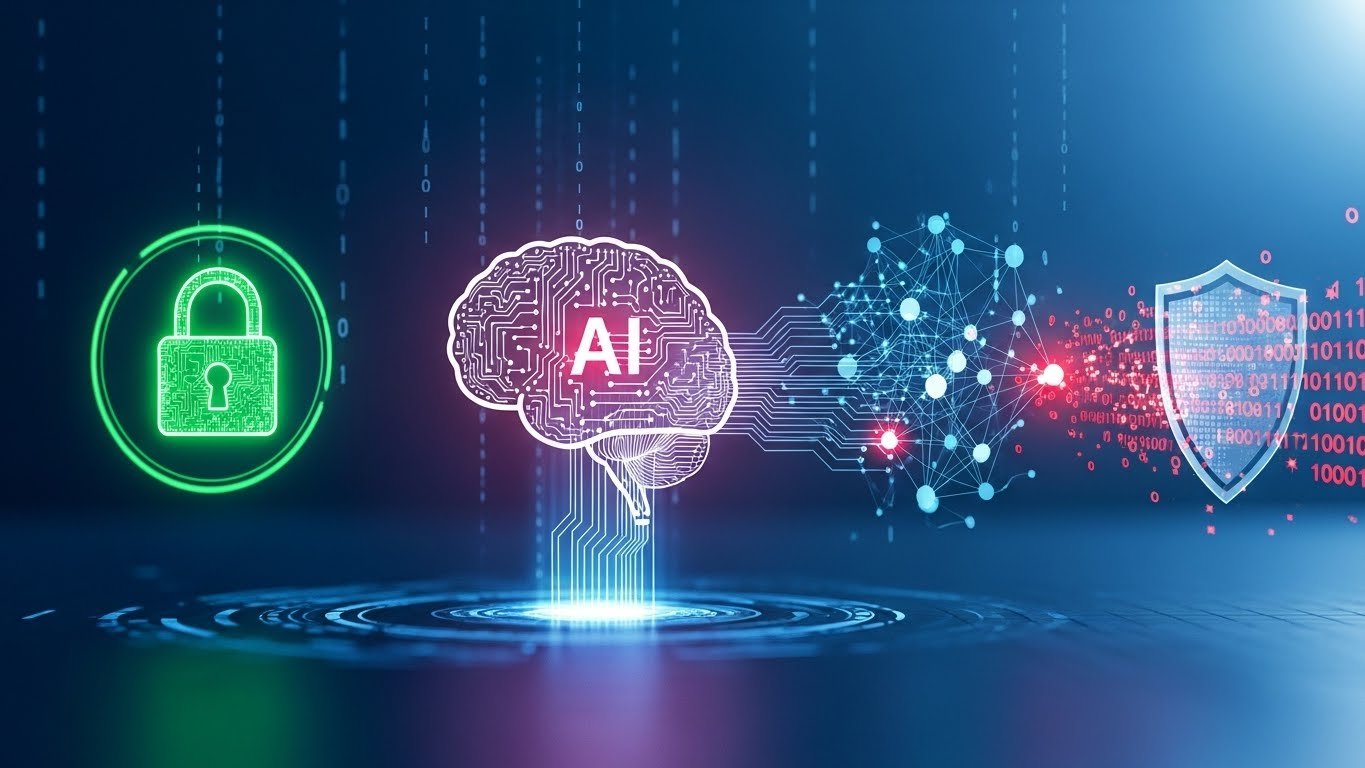The rise of remote work has transformed customer support operations. Instead of centralized call centers, businesses now manage support teams spread across different locations and time zones. While remote setups offer flexibility and cost savings, they also come with challenges—coordination, workload distribution, and maintaining consistent service quality.
AI is playing a crucial role in addressing these challenges. From AI chatbots handling routine queries to smart analytics that improve team efficiency, artificial intelligence is reshaping remote customer support for distributed teams.
The Challenges of Managing Remote Customer Support Teams
While remote work offers advantages like reduced overhead costs and access to a global talent pool, it also introduces obstacles, including:
- Time zone differences – Customers expect 24/7 support, but human agents have limited availability.
- Inconsistent response quality – Without centralized supervision, maintaining uniform service standards is difficult.
- Communication gaps – Distributed teams often struggle with collaboration and real-time coordination.
- Agent burnout – Managing high ticket volumes remotely can lead to stress and inefficiency.
To address these issues, businesses are turning to customer support AI chatbot and AI-driven automation tools to improve response times, streamline workflows, and support human agents in their daily tasks.
How AI Enhances Remote Customer Support?
AI doesn’t replace human agents—it supports them by automating repetitive tasks, providing real-time insights, and improving workflow efficiency. Here’s how AI-powered solutions are transforming remote customer service operations:
1. AI Chatbots for 24/7 Customer Support
One of the biggest challenges for remote teams is providing round-the-clock service. AI-powered chatbots bridge this gap by handling routine inquiries at any time of day, reducing the need for human intervention. Applying generative AI to customer care functions can increase productivity by 30% to 45%..
AI chatbots available on platforms like Kodif can:
- Answer frequently asked questions about orders, refunds, and policies.
- Guide customers through troubleshooting steps without agent assistance.
- Collect relevant information before escalating issues to a live agent.
By filtering out basic requests, AI chatbots allow human agents to focus on complex issues that require critical thinking and empathy.
2. Smart Ticket Routing for Faster Resolutions
AI-driven ticketing systems categorize and assign customer queries based on factors like urgency, sentiment, and agent expertise. For distributed teams, this means:
- Issues are routed to the right agent rather than the first available one.
- Language-based routing ensures customers are connected with agents who speak their language.
- High-priority cases are flagged for immediate attention, reducing response times.
This automated distribution prevents individual agents from being overwhelmed while ensuring customer issues are resolved efficiently.
3. AI-Powered Sentiment Analysis for Better Customer Interactions
When dealing with customer inquiries remotely, detecting frustration or dissatisfaction isn’t always easy. AI-powered sentiment analysis helps agents assess a customer’s emotional state by analyzing:
- Tone of voice (for phone support).
- Word choice and punctuation (for chat and email).
- Previous interaction history to identify recurring issues.
If AI detects frustration, it can:
- Provide agents with pre-suggested responses to de-escalate the situation.
- Flag the issue for a more experienced representative to step in.
- Offer real-time coaching to help agents handle challenging interactions.
This ensures that remote agents are well-equipped to manage difficult conversations effectively.
4. AI-Assisted Knowledge Base for Faster Responses
Remote agents often need to look up company policies, product details, or troubleshooting steps while assisting customers. AI-powered knowledge bases streamline this process by:
- Suggesting relevant articles or scripts based on customer queries.
- Auto-filling responses with accurate, pre-approved information.
- Keeping documentation updated in real time to reflect policy changes.
This reduces wait times and minimizes errors, improving the overall customer experience.
5. Performance Monitoring and AI-Driven Coaching
Supervising a distributed team is more challenging than managing an in-office support team. AI-driven analytics tools help businesses track performance in real time by:
- Monitoring average response times and ticket resolution rates.
- Identifying patterns in customer complaints and agent responses.
- Providing personalized coaching based on an agent’s strengths and weaknesses.
Rather than relying on manual reviews, AI delivers insights that help managers optimize remote team performance.
6. Reducing Agent Burnout With AI Workload Balancing
Customer support teams often face unpredictable ticket volumes. During peak hours, some agents may be overloaded while others remain underutilized. AI addresses this by:
- Distributing workloads dynamically to balance ticket distribution.
- Suggesting break times for agents based on stress indicators.
- Automating follow-ups to reduce unnecessary manual work.
By managing workloads more effectively, AI helps prevent burnout and ensures consistent service quality.
AI and Human Agents: A Powerful Partnership
AI is not meant to replace human interaction in customer support but to enhance efficiency and reduce operational stress. The ideal approach is a hybrid model where AI handles repetitive, low-complexity tasks while human agents focus on high-value interactions.
What Does AI Do Well?
- Automates common queries (FAQs, order tracking, troubleshooting).
- Provides instant responses for faster resolutions.
- Helps with sentiment analysis to detect customer frustration.
- Assists with knowledge management so agents have the right information.
What Human Agents Do Best?
- Handle complex and emotionally sensitive issues.
- Offer personalized solutions that AI cannot anticipate.
- Build customer relationships and improve loyalty.
- Adapt to unexpected situations that require creative problem-solving.
Together, AI and human agents create a scalable, efficient, and customer-friendly support system.
Conclusion
AI is revolutionizing remote customer support by addressing the challenges of distributed teams and enhancing service quality. By automating repetitive tasks, optimizing ticket routing, analyzing customer sentiment, and balancing workloads, AI empowers support agents to focus on meaningful, high-value interactions.
Rather than replacing human agents, AI acts as a powerful assistant—handling routine inquiries, providing real-time insights, and ensuring seamless collaboration across time zones. This hybrid approach not only improves efficiency and response times but also enhances job satisfaction for support teams.
As AI technology continues to evolve, its role in customer support will expand further with advancements in predictive analytics, conversational AI, and multimodal interactions. Companies that embrace AI-driven automation and intelligent support systems will be better positioned to deliver consistent, high-quality customer service—no matter where their teams are located.
By integrating AI into remote support operations, businesses can create a scalable, resilient, and customer-centric support model that meets the demands of a digital-first world.





